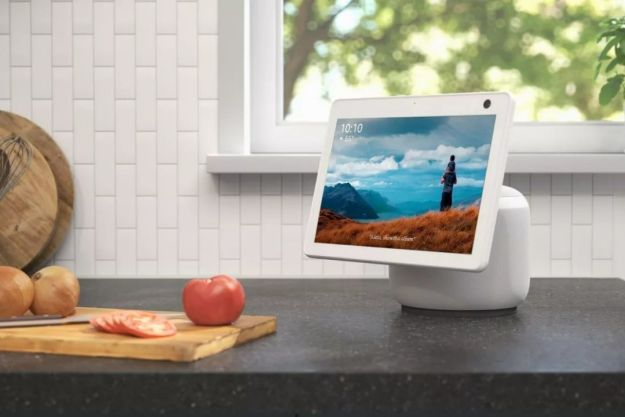Alexa’s ability to answer nearly any question thrown her way is already astounding, but now the smart assistant is growing even smarter.
The way Alexa has worked so far is by searching for specific keywords in the questions posed and answering based on that. This is known as domain classification. However, if someone begins to ask a question and then changes what they want to ask, Alexa may reply with a nonsense response. This is called an out of domain response.
Due to the rate of false acceptance and the way these results disrupted Alexa’s natural-language-understanding process, the
The researchers then took this information and fed it into a computer model called a bidirectional long short-term memory architecture, or Bi-LSTM. In layman’s terms, this architectural system allows Alexa to better map the given input to the proper response. In time, this system will allow
The Bi-LSTM improvements increased Alexa’s voice recognition by 6 percent for any given term. When the researchers applied the second data set, recognition of previously established domains increased from 83.7 to 90.4 percent.
The team is presenting its findings in a paper at the Interspeech event this year. In time, small improvements like this may lead to better overall language processing for all smart assistants, not just Alexa. In the meantime, users can expect regular updates that will help improve
Editors' Recommendations
- What to do if your Amazon Alexa app is not working
- Blink Mini 2 vs. Blink Mini: Is Amazon’s new security camera a worthy upgrade?
- How to use the Google Home app on a computer
- Echo Show 8 vs. Nest Hub: Does Amazon or Google offer the best smart display?
- What is Home Depot’s Hubspace?



